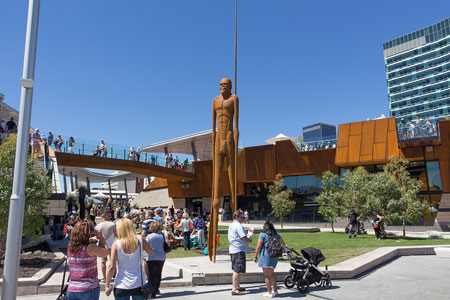Perth Translation Services » Greek translator » Greek Medical Translation
Greek Medical Translation
Perth translation uses full-time, professional Greek translators for Greek medical translations.
Greek medical translations are required for referral letters from doctors, reports for patient's health, medical or health-related products and services, and research purposes. Our Greek translators take care to ensure the right medical terminology is used in the medical translations.
Greek Medical Translators
Upload your documents for translation
Latest Testimonials


About the Greek Language
The Greek language is the official language of Greece (Hellas) and Cyprus. It was first spoken in Greece and was also once spoken along the coast of Asia Minor (now a part of Turkey) and in southern Italy. It was also widely used in Western Asia and Northern Africa at one time. In Greek, the language is called Ελληνικά (elliniká).
Greeks write their language using the Greek alphabet. The Latin alphabet (used to write English and many other languages) came from the Greek alphabet. Many other alphabets around the world also came from the Greek one, such as the Cyrillic alphabet.
Greek is an independent branch of the Indo-European language family. The ancient language most closely related to it may be ancient Macedonian, which many scholars suggest may have been a dialect of Greek itself, but it is so poorly attested that it is difficult to conclude anything about it. Independently of the Macedonian question, some scholars have grouped Greek into Graeco-Phrygian, as Greek and the extinct Phrygian share features that are not found in other Indo-European languages. Among living languages, some Indo-Europeanists suggest that Greek may be most closely related to Armenian (see Graeco-Armenian) or the Indo-Iranian languages (see Graeco-Aryan), but little definitive evidence has been found for grouping the living branches of the family. In addition, Albanian has also been considered somewhat related to Greek and Armenian by some linguists. If proven and recognised, the three languages would form a new Balkan sub-branch with other dead European languages.
Modern Greek inherits most of its vocabulary from Ancient Greek, which in turn is an Indo-European language, but also includes a number of borrowings from the languages of the populations that inhabited Greece before the arrival of Proto-Greeks, some documented in Mycenaean texts; they include a large number of Greek toponyms. The form and meaning of many words have evolved. Loanwords (words of foreign origin) have entered the language, mainly from Latin, Venetian, and Turkish. During the older periods of Greek, loanwords into Greek acquired Greek inflections, thus leaving only a foreign root word. Modern borrowings (from the 20th century on), especially from French and English, are typically not inflected; other modern borrowings are derived from South Slavic (Macedonian/Bulgarian) and Eastern Romance languages (Aromanian and Megleno-Romanian).

